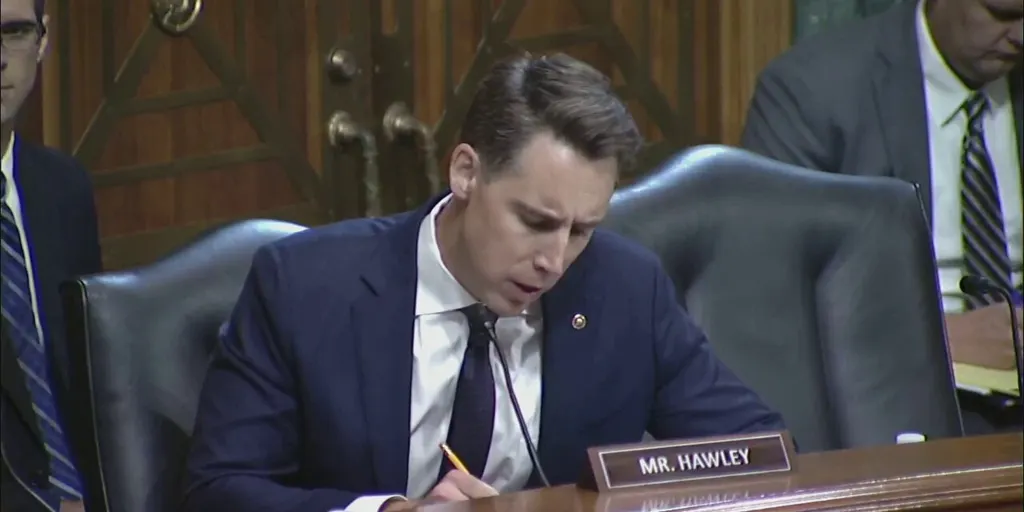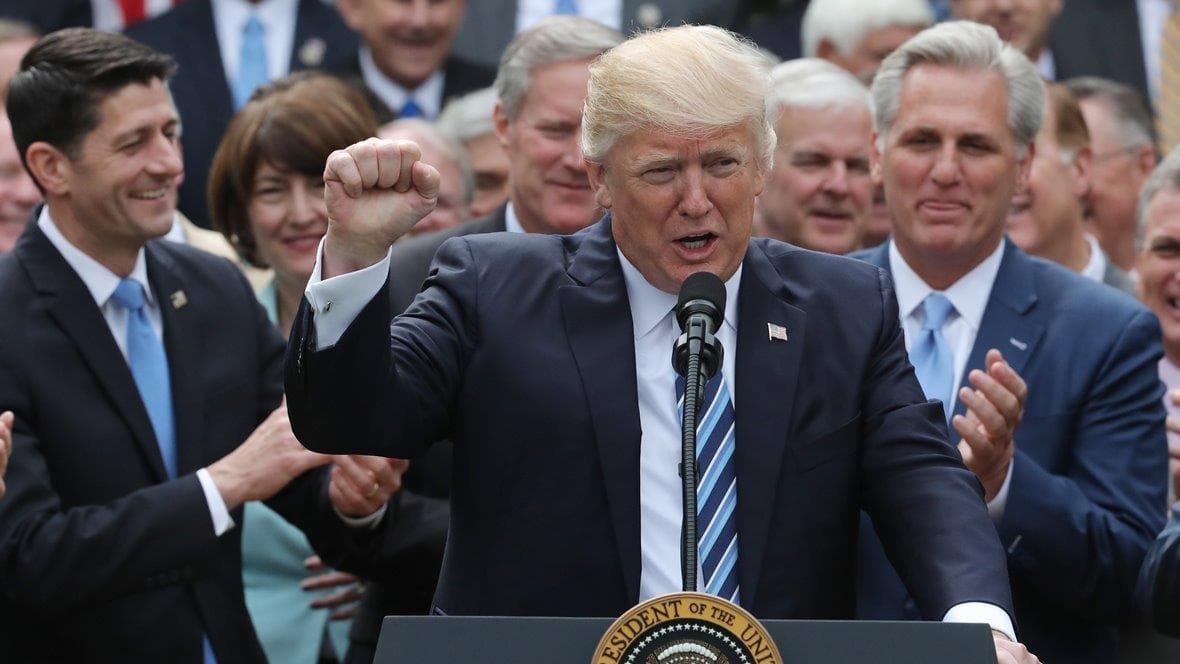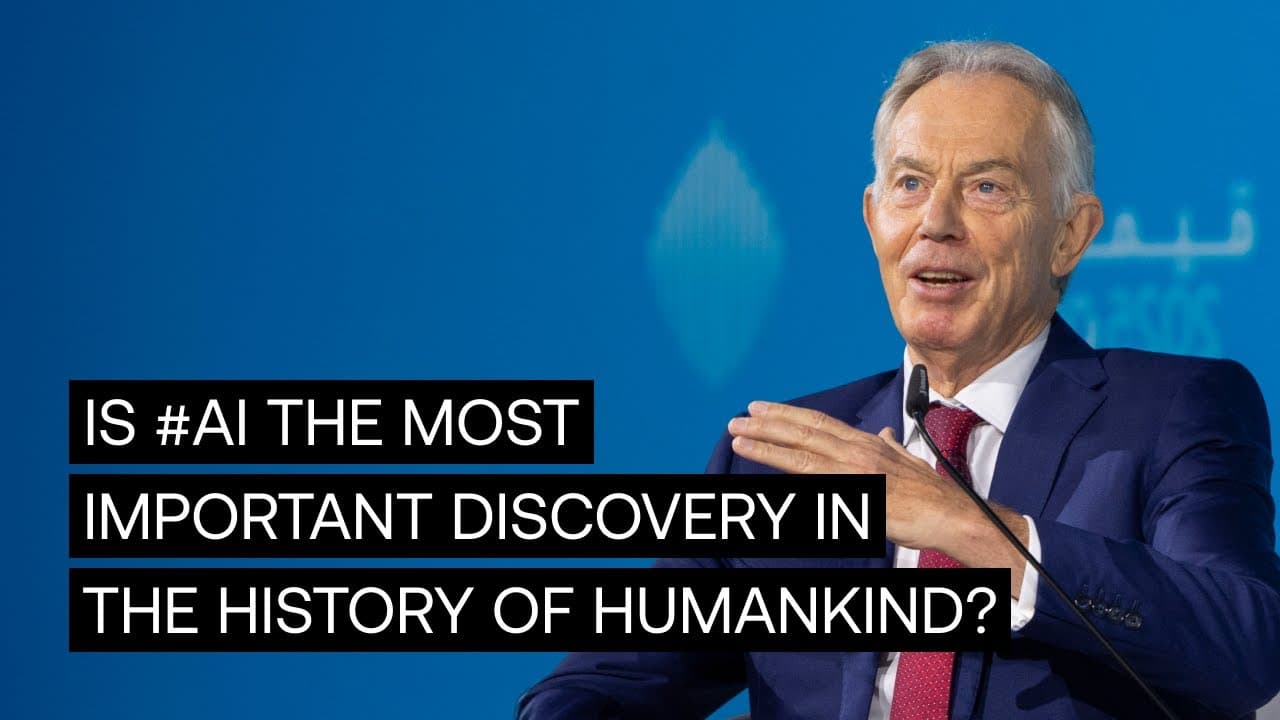The recent passage of President Donald Trump"s sweeping domestic policy bill marks a devastating blow to healthcare access in America, cutting nearly $1 trillion from Medicaid over the next decade. This legislation threatens to strip health insurance from approximately 12 million individuals, leaving vulnerable populations without critical medical support and exacerbating the already stark inequalities in our healthcare system.
Republicans Warn About Medicaid Cuts
As the bill moved through Congress, a faction of Republicans voiced their apprehensions, highlighting the deep cuts to Medicaid as a primary concern. North Carolina Sen. Thom Tillis described the cuts as "inescapable," while Missouri Sen. Josh Hawley labeled the targeting of Medicaid as "a mistake." These warnings have not fallen on deaf ears, as many Democrats are seizing this moment to galvanize their base and challenge the Republican agenda in the upcoming midterms.
Democratic Strategy Focused on Healthcare Access
Democratic representatives, such as Rep. Jared Golden of Maine, are echoing their party"s commitment to protecting Medicaid, stating, "I would never vote for these Medicaid cuts. Never." This sentiment reflects a broader strategy aimed at making healthcare access a critical issue for voters in the 2026 elections. With polling data showing that 53 percent of voters oppose the bill, Democrats are primed to leverage Republican support for these cuts as a political weapon.
Impact on Vulnerable Communities
The Medicaid cuts are projected to have severe implications for low-income families, children, and the elderly, who rely on this program for essential healthcare services. According to the HHS, Medicaid provides coverage for individuals with limited income and resources, including pregnant women, the disabled, and low-income families. The dismantling of this safety net will not only jeopardize health outcomes but also put additional pressure on emergency services and hospitals already struggling to meet demand.

Sen. Josh Hawley grills Biden judicial nominee | Fox News Video
GOP’s Messaging Battle
The Republican Party is gearing up for a fierce messaging battle, arguing that Democrats are exaggerating the consequences of the Medicaid cuts. They frame the work requirements as a necessary reform aimed at promoting self-sufficiency among able-bodied adults without dependents. However, this narrative masks the reality that millions will be left without healthcare if they cannot meet these stringent criteria.
Financial Backing and Ad Campaigns
With over $35 million spent on lobbying and advertisements in June alone, both sides are preparing for an intense battle for public opinion. Democratic outside groups plan to launch ad campaigns targeting key Republican incumbents in battleground districts by highlighting the negative repercussions of the bill. As reported by CNN, these ads will connect the dots between the cuts to Medicaid and broader implications for working families, emphasizing that waiting longer for medical care or facing higher utility bills is a direct result of Republican policies.
Long-Term Consequences for Public Health
The long-term health consequences of these cuts cannot be understated. A report from the Congressional Budget Office suggests that the changes could lead to millions losing health insurance by 2034. This statistic should alarm every stakeholder in the healthcare system, as uninsured populations tend to delay seeking care until their conditions become critical, leading to increased healthcare costs for everyone. The erosion of Medicaid is not just a political issue; it fundamentally threatens the health of our nation.
Community Responses and Activism
As the bill becomes law, grassroots movements and advocacy groups are mobilizing to protect Medicaid. Protesters gathered outside the Capitol, signaling widespread discontent with the legislative direction. Activists are emphasizing the need for continued community engagement and advocacy to ensure that the voices of those affected by these cuts are heard. The reality is that healthcare is a human right, and any legislation that undermines access to it is a step backward for social equity in America.

The North Carolina State Capitol: Pride of the State ...







![[Video] Gunfire between Iraqi security forces and Sadr militias in Baghdad](/_next/image?url=%2Fapi%2Fimage%2Fthumbnails%2Fthumbnail-1768343508874-4redb-thumbnail.jpg&w=3840&q=75)
